A mysterious world lies deep in nature, and one of the keys to this mystery is the oceans. However, you will be surprised – only 5% of the water bodies on Earth have been discovered. Yes, you heard right. Much of the ocean is unseen by human eyes and there is an unknown world out there. This shows that only a small part of the secrets at the core of our blue planet have been solved.
What kind of creatures live in the depths of the oceans, what mysterious geographies are unexplored, and perhaps most importantly, what kind of creatures live in this underwater world? What kind of ecosystem is there? The answers to these questions lie in the depths of undiscovered oceans, and this world full of unknowns opens the doors to an intriguing adventure.
While some scientific studies are carried out in space and new discoveries are announced every day, why did the oceans not benefit from these studies? only 5% we know?
Unknown world: ocean
The ocean, the largest habitable area on our planet, is It covers about 70%. Imagine the size of the ocean, which has more life than anywhere else in the world.
According to the Woods Hole Oceanographic Institute, there are approximately 332 million cubic kilometers of water there is. The surface area alone is approximately 360 million square kilometers and Its average depth is 3 thousand 682 meters. Even though our perception of large numbers is not very developed, you can understand these numbers better when you visualize the world map.
The number we give for depth is the average itself. However, there is a place where this figure is approximately 3 times higher. That’s what we all know Mariana Trench. This pit, which is considered the deepest place in the ocean, 10 thousand 935 meters depth It is located in the Pacific Ocean.
The ocean has been tried to be discovered for centuries.
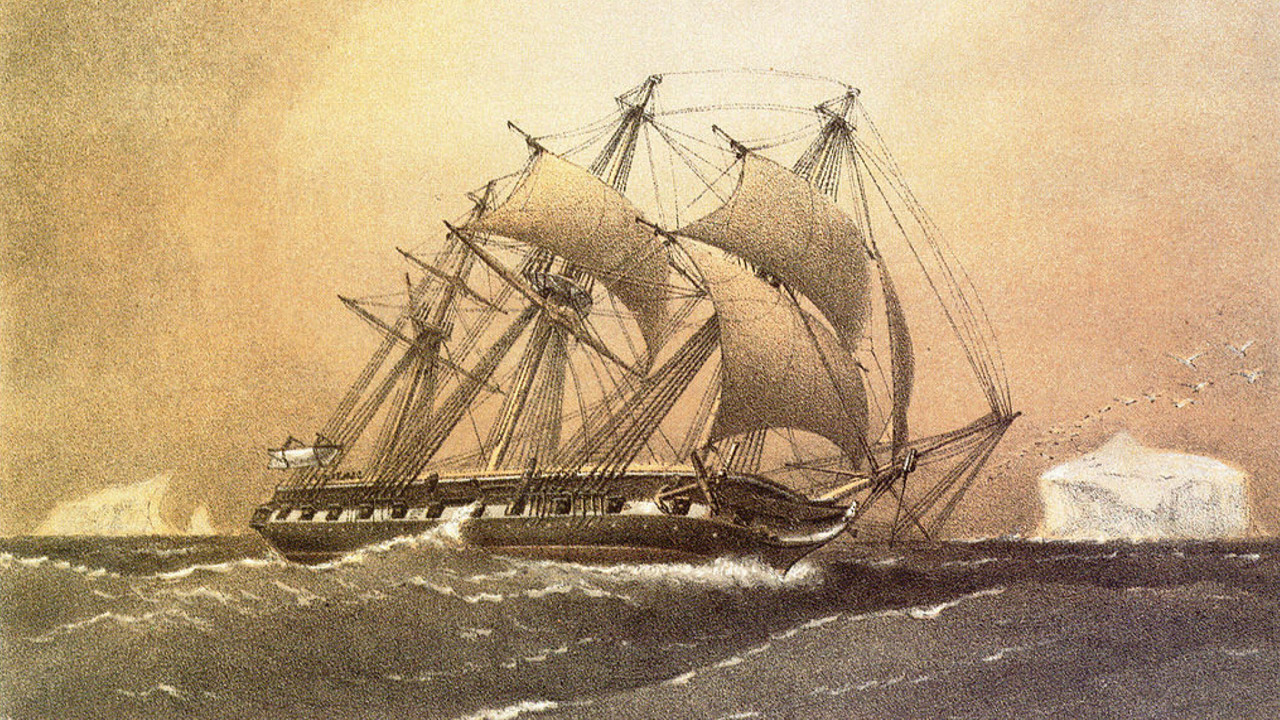
HMS Challenger
We shared some data about the ocean so we could better understand the magnitude of unexplored places. Because you’re like a drop in the ocean discovered areas, It has been worked on for centuries and has emerged.
The mysterious area of the ocean that has fascinated scientists and explorers for centuries is the name of the sea that sailed to the Mediterranean around 1200 BC. from the Phoenicians, who traveled to North America in the 11th century to the vikings Until now, many civilizations have tried to open the mystery of the ocean.
in the 15th century Voyages of Christopher Columbus and Ferdinand Magellan ushered in the modern era of ocean research. in the 19th century Findings from the HMS Challenger expedition It revolutionized the understanding of the ocean.
Today, ocean research still continues and these researches NOAA (National Oceanic and Atmospheric Administration), scientific societies and is carried out by many organizations, including private companies.
Although humans have been around for many years, we are only at the surface level in underwater exploration. Although different figures can be seen in many places, when we look at the average, the ocean Approximately 20% of it has been mapped, We only physically saw and went to 5% of them.
With which advanced technologies are oceans explored?
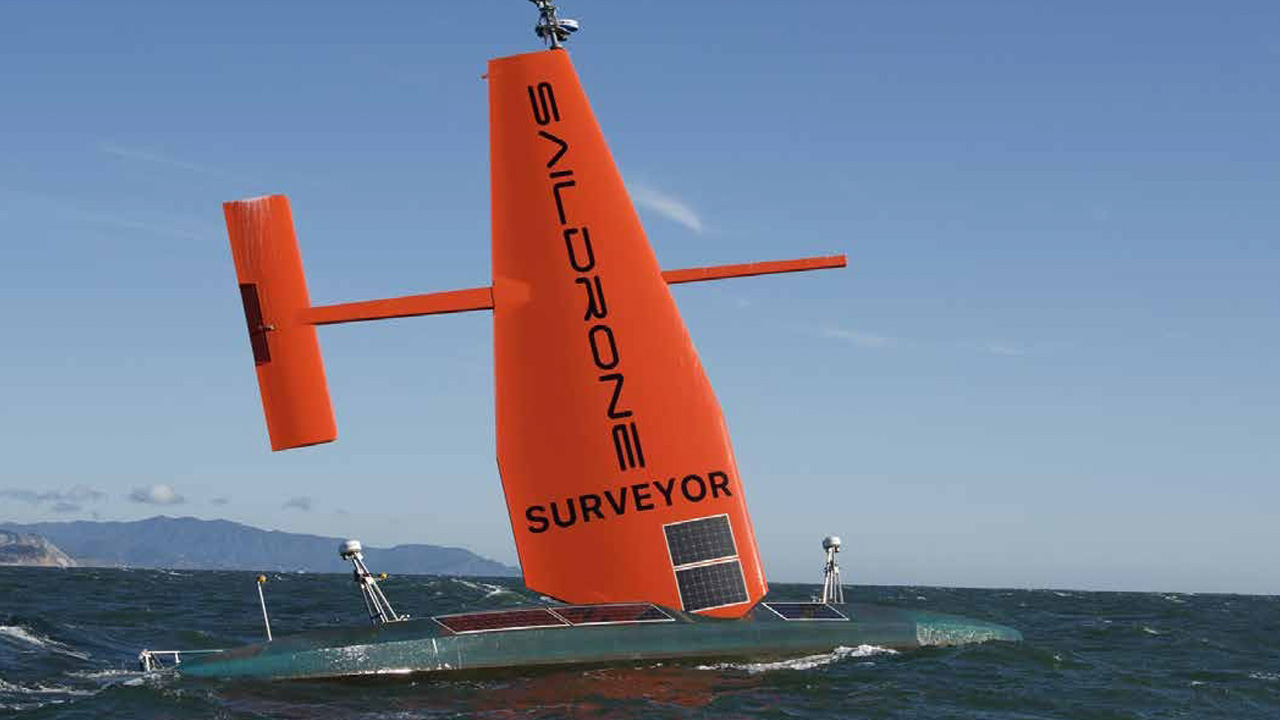
Uncrewed rover used for ocean mapping
The data collected for centuries has not gone much further. In order to increase this rate even higher, Many systems are used.
Sonar systems are the most basic technology used in ocean research. To create images of objects on the seafloor and water column Sonar systems using sound waves, It reveals 3D maps in detail with its multi-beam structures. However, the use of this system is a matter of debate because sound waves can harm sea creatures.
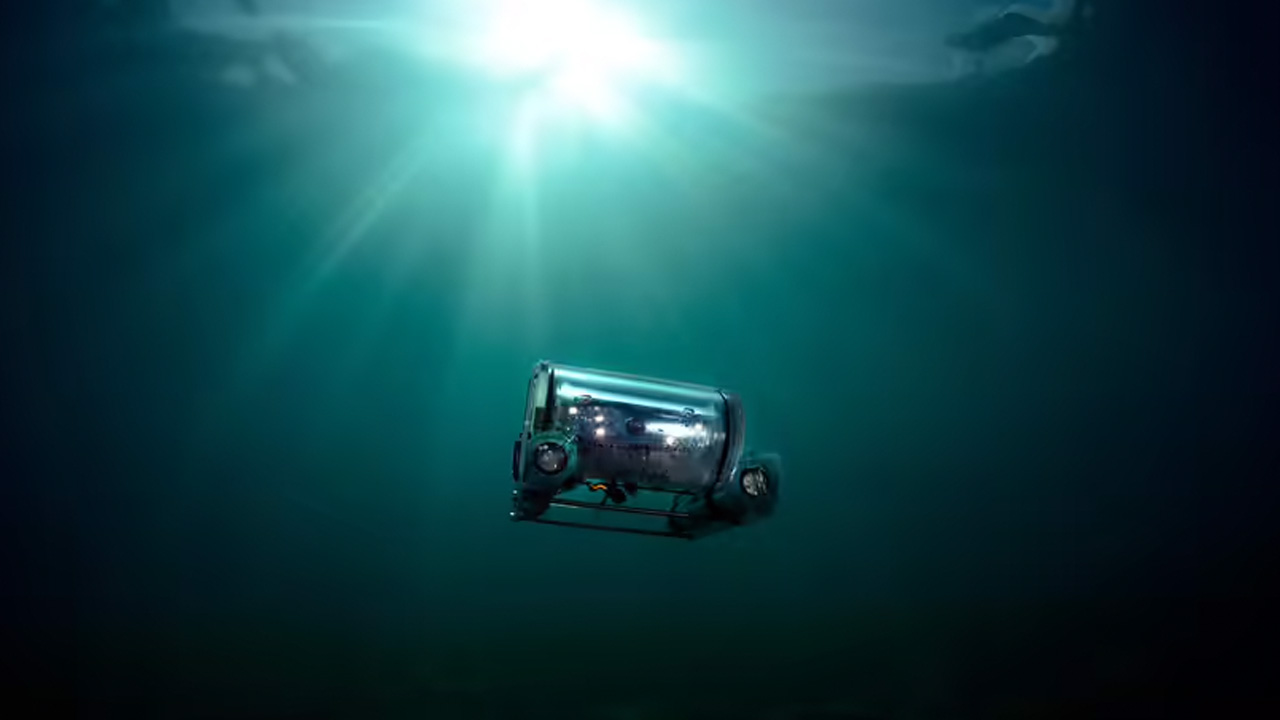
Autonomous underwater vehicles
Remotely operated vehicles (ROVs) are vehicles controlled from the surface. underwater robots. These robots; It is equipped with cameras, sensors and manipulator arms that explore and interact with the environment. ROV devices, It is also used in the oil and gas industry to inspect offshore infrastructure.
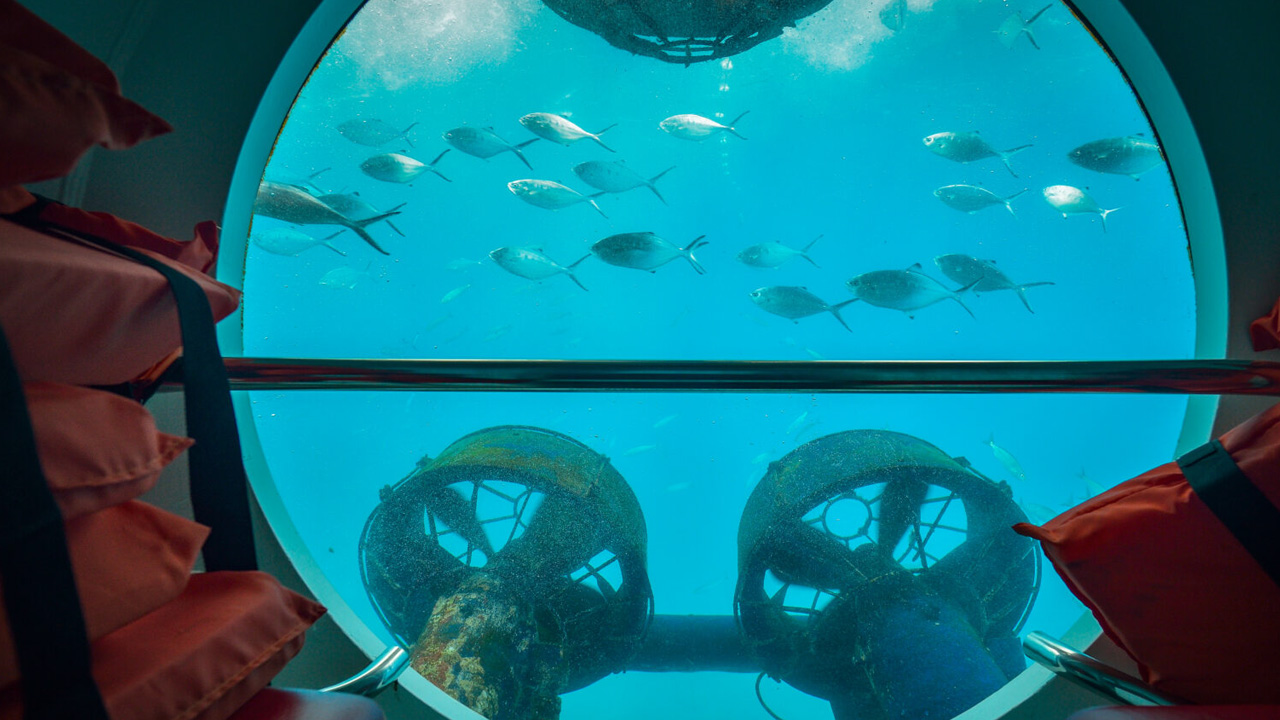
Used in ocean exploration as well as military operations. submarines It goes to depths that ROVs cannot reach. Submarines that can travel long distances are large and complex vehicles that stay under water for long periods of time.
Why can’t we explore all of the oceans?
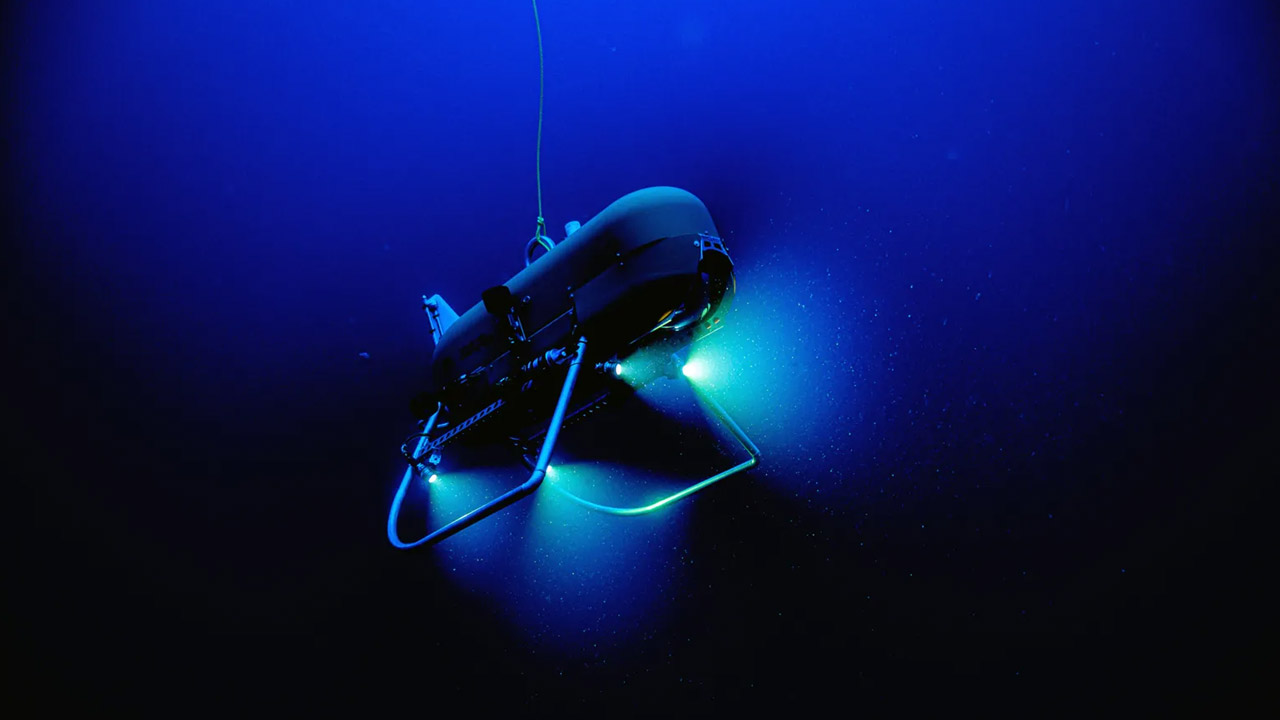
The ocean is also one of the most vulnerable and least understood places in the universe. It is a body of water that covers most of the Earth’s surface. There are some reasons why a small part of the deepest parts of the frightening ocean, which hosts species that adapt to life in a cruel ecosystem, has been discovered and we have no idea about the rest.
The “deep sea” or “deep sea” of the oceaninner spaceA portion of it (103 million square miles) is permanently dark. sunlight zone, It melts after about 200 meters below the surface, making imaging complicated.
Although to explore the bottomless pit Although there are technologies such as ROV and submarine Since there are so many places to see, technology also enables exploration to some extent.
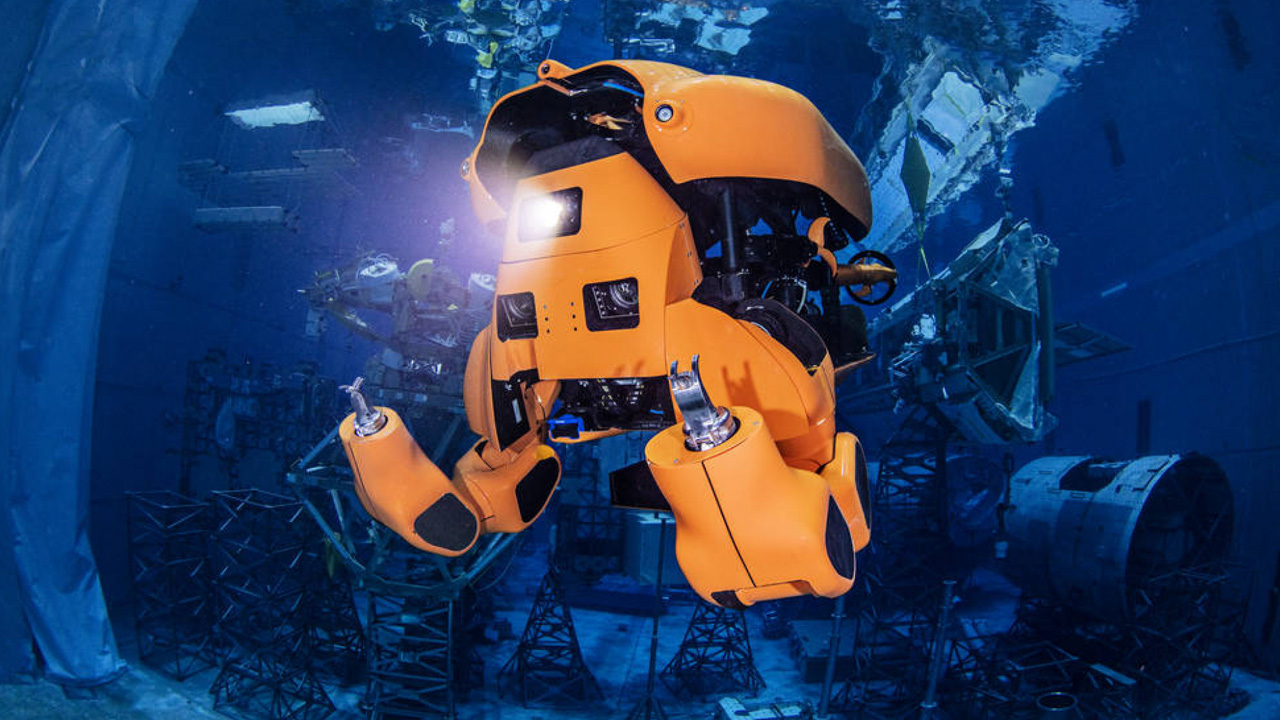
When the already cold water is added to the rapid melting of glaciers and polar ice due to climate change, coldness of water It becomes one of the substances that hinder discovery.
One of the biggest difficulties in not exploring the entire ocean is overwhelming amount of pressure. In some ways, sending people into space is easier than sending them to the bottom of the ocean. Because the intense pressure in the ocean makes it an extremely difficult environment to explore.
When diving to the bottom of the Mariana Trench, which is approximately 7 miles deep, a thousand times more pressure is formed. This is equal to the weight of 50 jumbo jets pressing on the body.
Another obstacle to ocean exploration is the lack of expeditions. quite expensive to be. Although research is needed to gather more information, many institutions are reluctant to fund projects where the unknown exists.
Why is exploring the ocean so important?
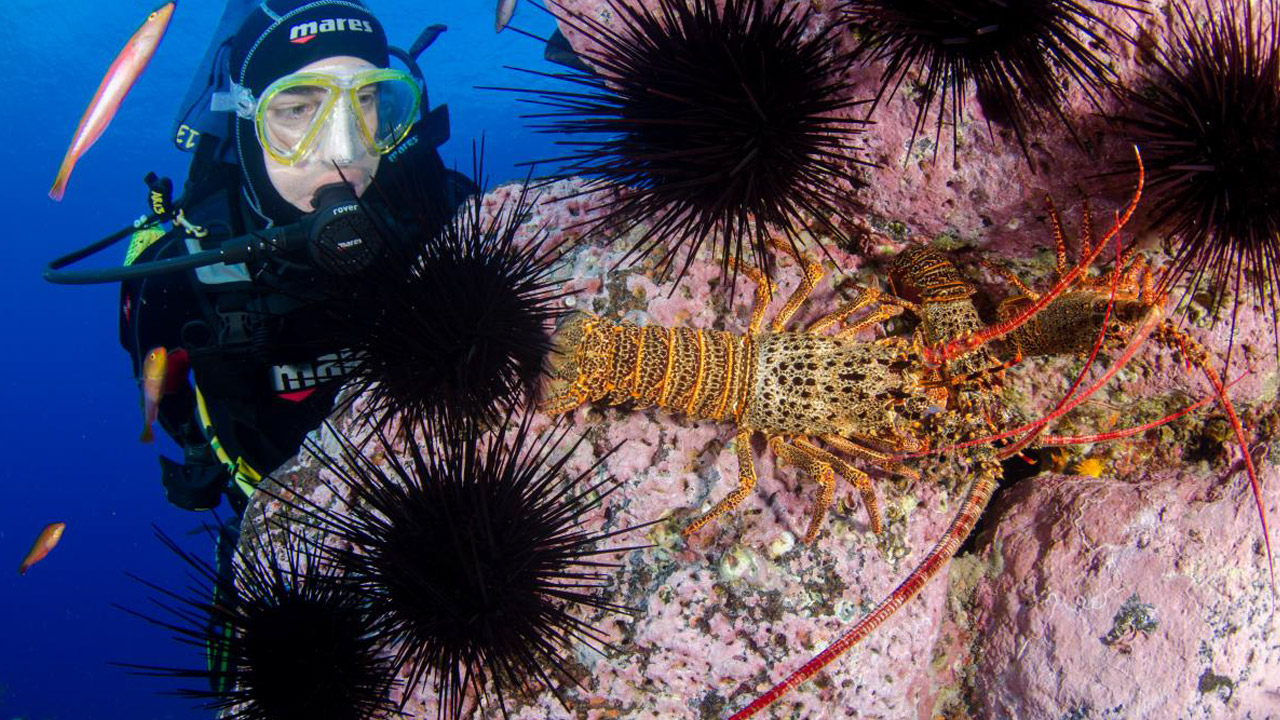
The ocean is home to a wide variety of marine life, and many of these species have yet to be discovered. In addition to discovering new and unique species adapted to the harsh conditions of the deep sea evolution of species And ocean exploration is important in understanding how they adapt to their environments.
Ocean exploration is also used to find shipwrecks. Who knows how many have been there for centuries? shipwreck there is? The discovery of these shipwrecks is of cultural importance enough to shed light on past civilizations and the maritime history of the world.
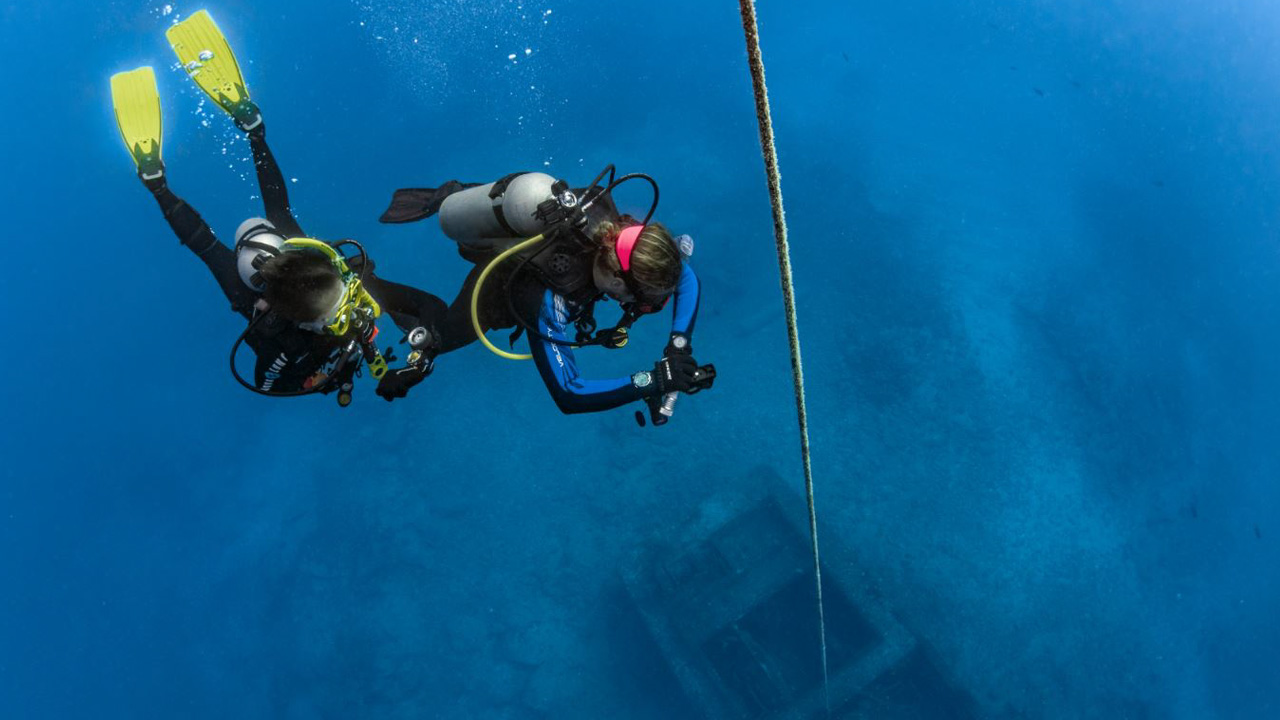
Even if the ocean, a vast repository of pollutants, were fully discovered, ocean pollution its size will also be understood and the planet’s ecosystem will be protected accordingly.
The increasing world population and the increasing demand for resources are also related to the exploration of the oceans. Oceans; oil, gas and minerals It contains huge amounts of resources, including: Identifying these resources provides valuable information in terms of the potential of the resources and their sustainability.
Knowing the exact shape of the sea floor; climate models, tsunami forecast and public safety, sediment transport, cable and pipeline routing It is important to understand some basics such as.
Our other content about oceans that may interest you:
RELATED NEWS
10 Surprising Facts About the Oceans That Cover ‘Almost All’ of the Earth
RELATED NEWS
More than a Vast, Huge Blue: 8 Interesting Facts About the Pacific Ocean You’ll Be Surprised to Hear
RELATED NEWS
11 Chilling Facts About the Oceans That Cover Most of the Earth
RELATED NEWS
Do these waters that meet in the Atlantic and Pacific Oceans really not mix with each other? The Answer Is Not What You Think!
RELATED NEWS
Why Do Creatures Living in the Darkness of the Deep Ocean Look So Scary?
RELATED NEWS
Why Did NASA Stop Exploring the Oceans? No, There Is No Mysterious Fact As Claimed In TikTok Videos!
RELATED NEWS
How Did Seas and Oceans Form When the Earth was Covered with Lava?
RELATED NEWS
It’s Disturbing to Even Predict: What Would Happen If All the Oceans in the World Dry Up Suddenly?
RELATED NEWS
Why Are Ocean and Sea Water Actually Salty? The answer is hidden both above and below the ground!
RELATED NEWS
